SS #36: Is Scholé for Everyone?
In today’s episode, Brandy, Pam, and Mystie raise the question of whether scholé is for everyone. Or is it just for the bookish and more academic? They had to begin by defining scholé, of course.
This episode is about scholé in real life with our kids and FOR our kids. How do we help them “do scholé”? There are some big questions discussed this time!
Listen to the podcast:
TUNE IN:
Apple Podcasts | Spotify | Stitcher
Yes, Scholé Is for Everyone
Today’s Hosts and Source
Scholé Every Day: What We’re Reading
Rethinking School, Susan Wise Bauer
Pam has loved this book, although some of it is written more toward traditional schoolers rather than homeschoolers.
The Self-driven Child, Ned Johnson and William Stixrud
Brandy plans to read this book on the plane on her way to GHC next week. This book is on how we hand ownership over to our children.
Norms and Nobility, by David Hicks
Mystie really likes chapter 2, which is on words and language (surprise!)
What is Scholé?
Yes, it’s a Greek word for restful learning, but what does the concept of Schole actually encompass? Scholé literally translated means leisure because in Greek society it was the people who no longer had to work for their living who had the luxury of learning. Since our cultural categories are income producing work, and relaxation/entertainment, it’s hard for us to grasp the concept of scholé.
It’s easy to get caught in the purely productive mindset, as Mystie mentions. We want our kids to love the book, and not just to have read it.
Mom’s Role in Promoting Scholé
Although there are ways parents can squash a love of learning, that doesn’t mean that children left to themselves always choose truth goodness and beauty. Giving your kids the skills, tools, and time to learn is a huge gift. Skills like narration are very helpful, but definitely need practice. And since exposure does breed taste, homeschool moms are the main ones introducing and exposing their kids to beautiful
Name, episode
Age-Appropriate Scholé
Not to make it all about the Trivium, but kids at different ages will be learning differently. Expecting middle school students to behave like elementary students will lead to frustration all around.
We’re spreading a feast for elementary-aged kids, and teaching our highschool . Especially once students are getting out of the elementary enthusiast stage, it’s important to be giving them time to pursue their own interests, as well as input into what they’re learning. And we need to not checklist their interests to death.
Scholé is not purely interest led education, but we do want to help our kids build and find interests and being interested. Training children to be life-long learners means giving them a chance to practice learning and exploring something that they are interested in.
Balancing Interest and Structure
Some ideas for balancing routine with delight:
- Require morning time attendance, but let your child choose the poem he memorizes.
- Let the students have input into the science topic for this year, but still have procedures and lessons for them to follow.
Chasing an interest isn’t opposed to structured learning. Sparking that interest in one place just leads to more interest in more subjects and fosters connections.
Don’t let your children’s lack of enthusiasm discourage you. We’re fostering and encouraging our children’s pursuit of scholé, but it’s not something we directly control. Because kids do learn differently at different developmental stages, our teaching should reflect that.
Mentioned in the Episode
Listen to related episodes:
SS#160 – We wrote a book!
SS #148: De-Institutionalizing School (with Heather Olsson!!)
SS#142: Attention is a homeschool essential
SS #125 – Numbering the Days of Your Homeschool
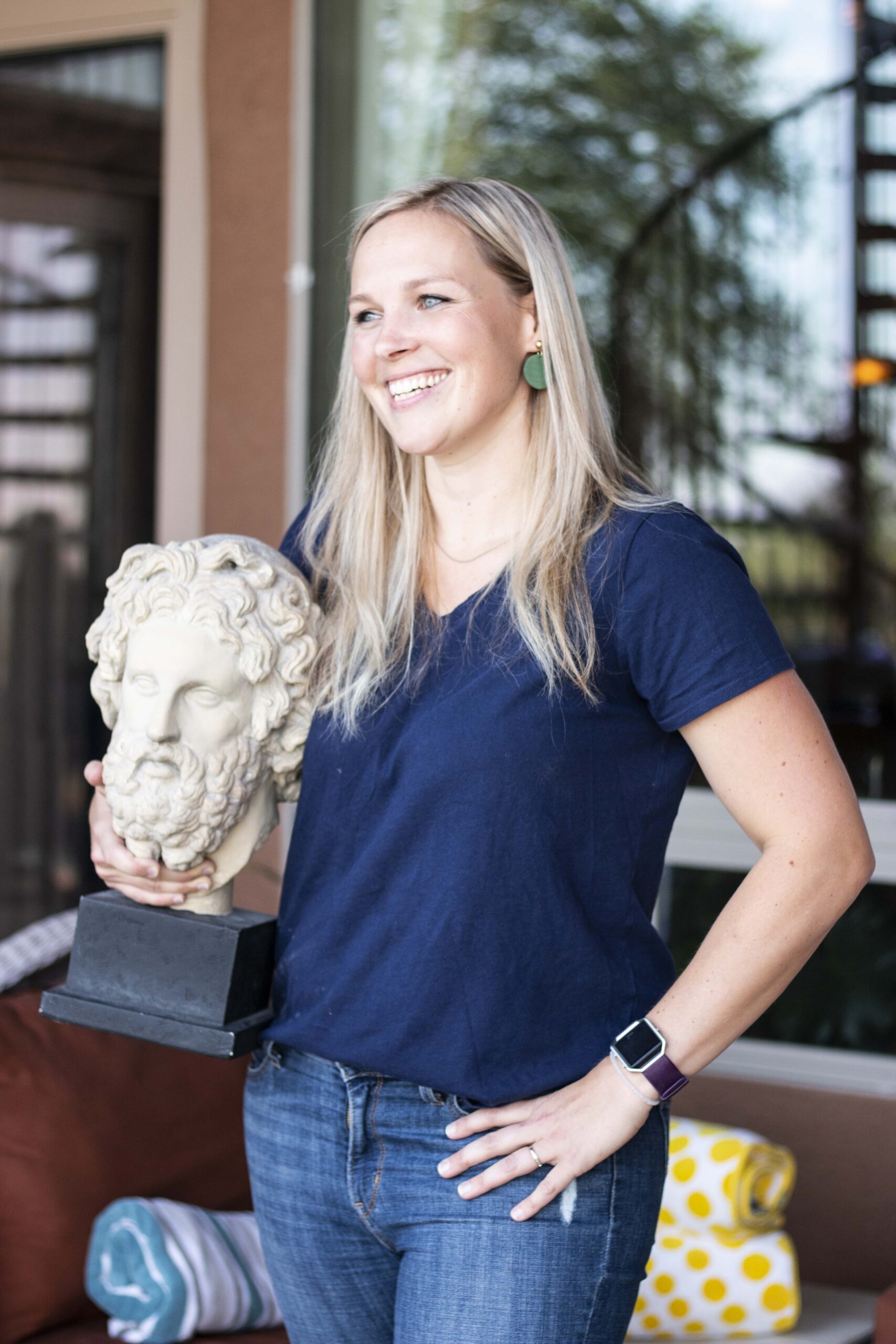
Be a part of the conversation!
Discuss this podcast with other moms inside Sistership.
Podcast: Play in new window | Download


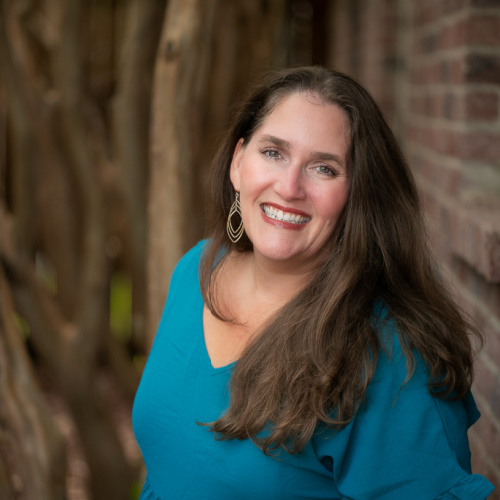

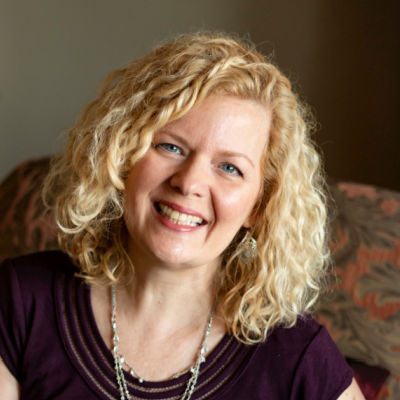
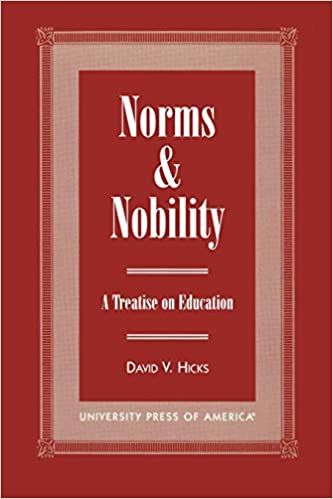
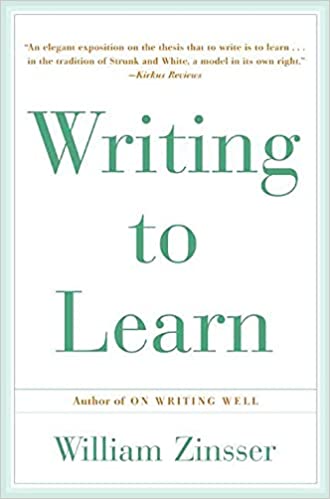
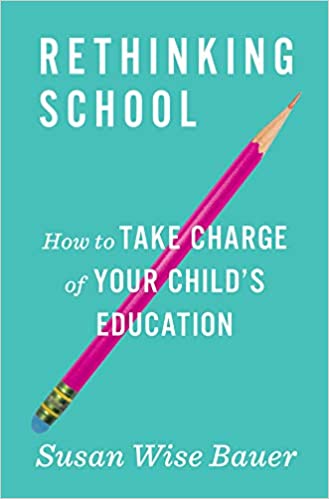
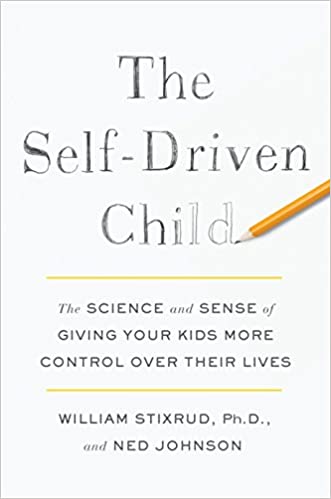
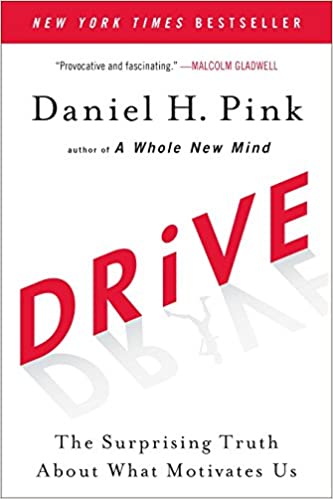
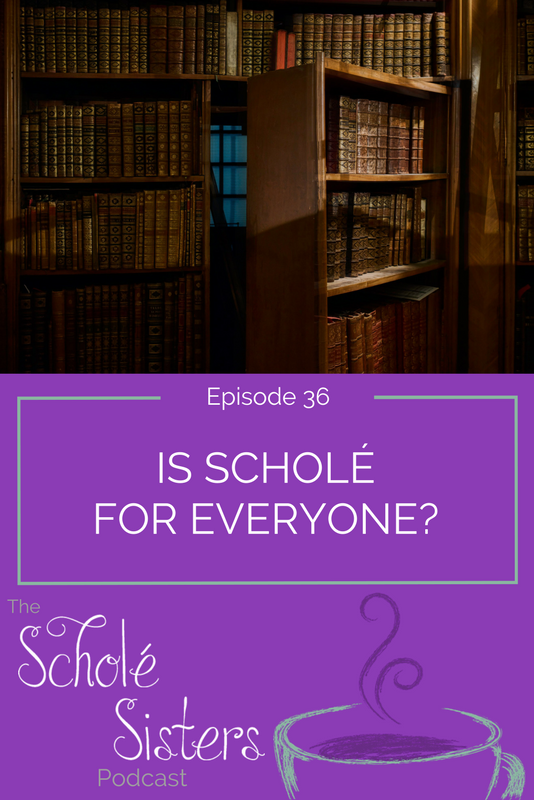
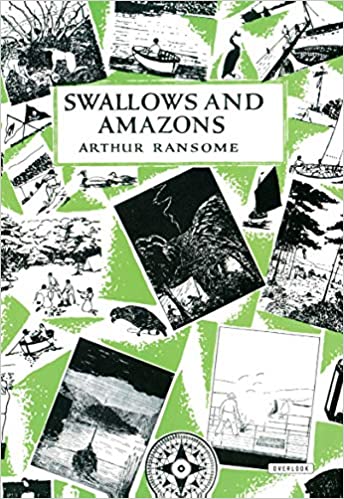
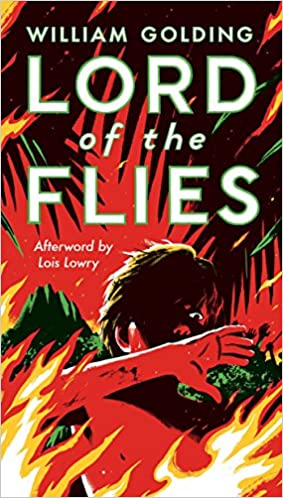
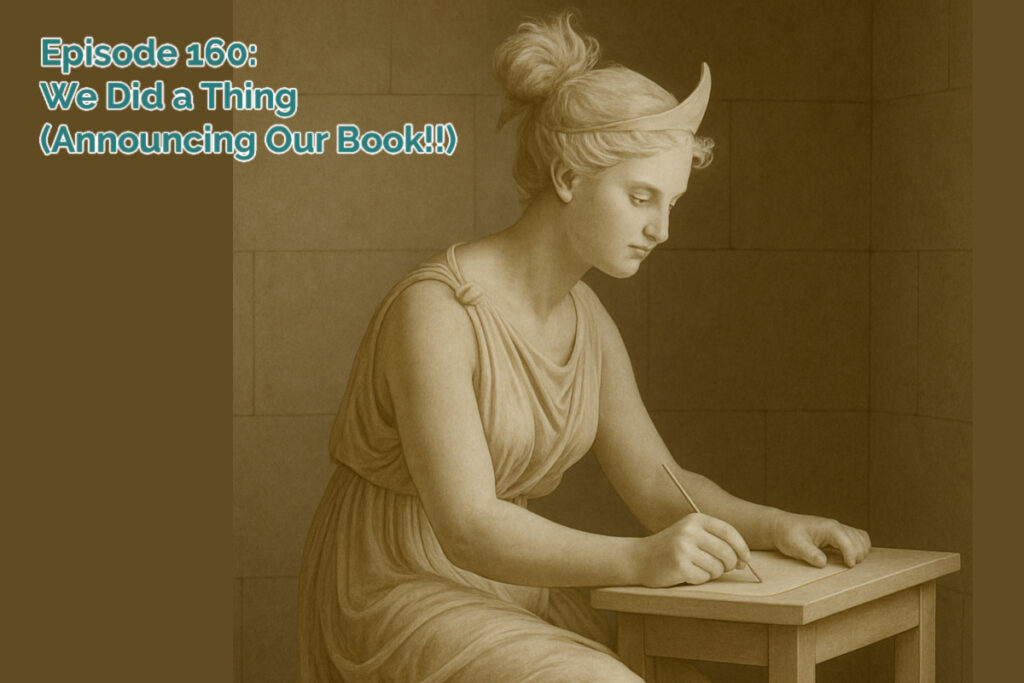


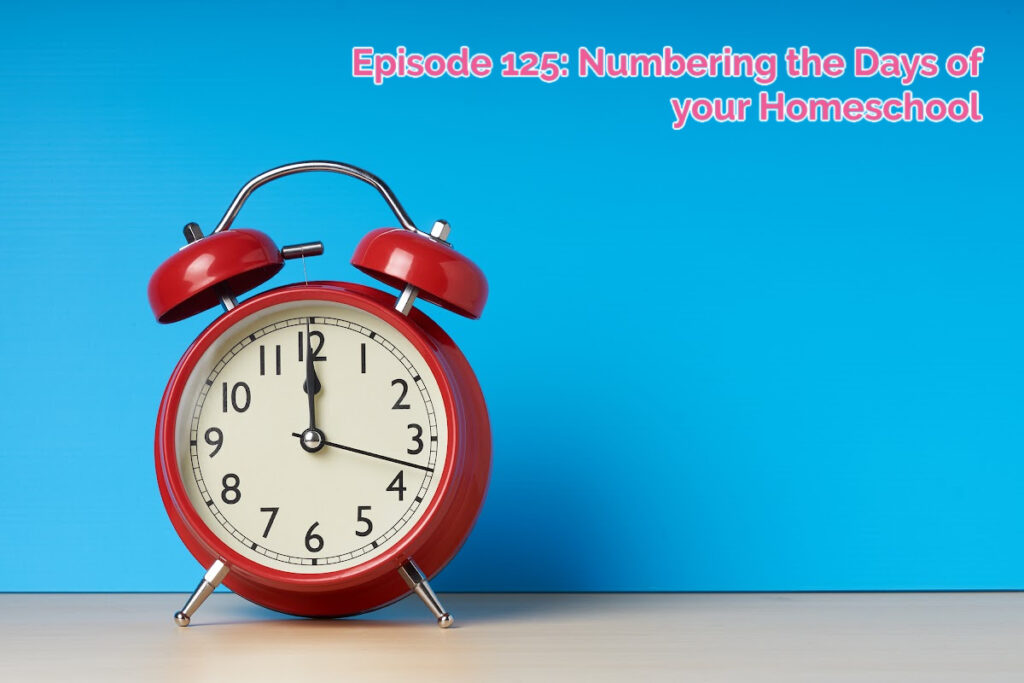

I loved listening to this! It was inspiring, also.
I want to add another category of activity. You listed Productive Labor and Entertainment as two that are normal for our society. And that we ought to add Schole as another category. I want to add a 4th: Reproductive Labor. This is all the caregiving, taking care of, investing in kind of work that moms, particularly, do. I read an article that was a precursor to this book: http://a.co/c4RBlOI by Sibyl Schwarzenbach that introduced this idea to me. Now, when its one of *those* days, I can tell Hubby, “It was a very reproductive day” and he totally knows that the kids were needy that day.
I’m wondering how help a child find interests when he is just not interested in much. He loves to play video games with Daddy (yeah, that might be part of the problem), and board games (but he cheats sometimes) and sitting on his trampoline rolling marbles, telling himself stories of what is happening in his ‘game’. He turns 7 in May, he struggles with short attention spans and TOO much energy and struggles to focus. He can act very jaded about life in general at times, and I think he is feeling the weight of his struggle to slow down. Hmmm… maybe I should build an obstacle course for him…..
“Reproductive Labor.” I LOVE THIS! ♥
Love listening to your friendly chats. I have a recommendation for an excellent living book on Falconry. Thunderbolt the Falcon by CK Thompson. A great australian story. http://livingbookpress.com/index.php/product/thunderbolt-falcon-ck-thompson-softcover/
I do like the poll parrot, pert, and poetic to distinguish between the art of grammar and the stage, but let’s see what you come up with. The muddle is fun.
This was such an encouraging episode! Thank you for giving ideas for those who struggle with the “muddlers”! It was good to hear I’m not the only one wishing my children loved reading as much as I do, and helpful to think of it in terms of developmental stages.
This was my favorite episode so far! It was so encouraging to be reminded that, although my 13 year old doesn’t always act interested, I shouldn’t take his “too cool for school” attitude personally. This too shall pass.
I saw Pam at the FPEA convention this weekend. She was excellent and my plans for Morning Time have been reinspired!
I think it was in this episode that you mentioned sitting down with your kids for feedback at the end of the year on what they liked about school/ what they didn’t like etc. as I’m formulating my own list of questions to ask my students i am wondering if you actually have your list written down anywhere…
I don’t have a written list, but it sounds like something I should do! I’ll try to write a post on that soon. 🙂
Listening to this a little late, but I love it! Especially the talk of categories of valuable activity that are not “productive” or income-producing. Because we and our children are persons, not unit movers!
The developmental stages conversation reminded me of a Waldorf-inspired concept: young children to age 6 or 7 emphasize their “Hands” (physical will, emerging sense of self actively exploring the world — think of preschoolers engaging their whole bodies and selves in a mud hole! <3); later elementary and middle school children emphasize their "Heart" (emotional life, sense of justice, etc.); and high schoolers and beyond emphasize "Head" (reason, analytical thinking…). And all persons have all three of these aspects, but children seem to delve in and grow in these particular areas in particular stages. Similar to what Misty said about the "trivium," I can't swallow Waldorf whole, but I think this is a helpful way of thinking about developmental stages. And it's alliterative! 🙂
Ooh! Hands, Head, Heart — you might be on to something here! ♥